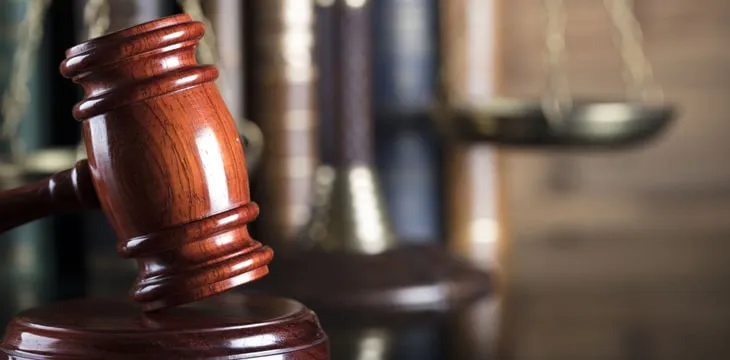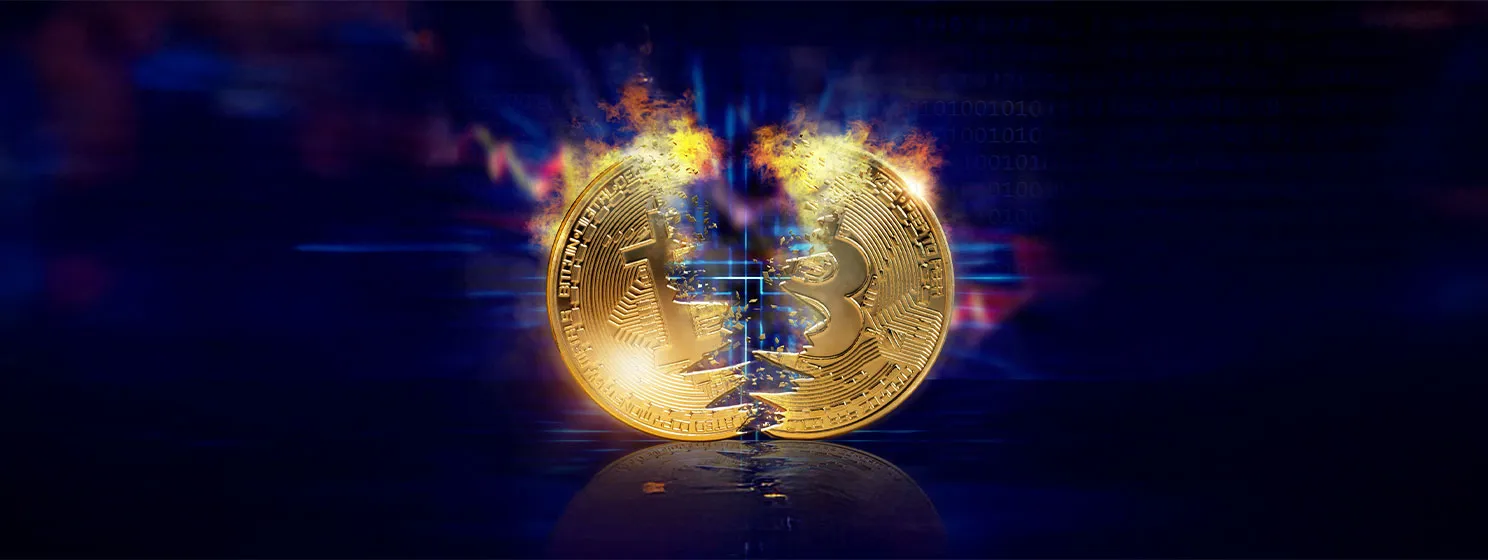|
Getting your Trinity Audio player ready...
|
The U.K. Court of Appeal heard Tulip Trading’s arguments that blockchain engineers owe fiduciary and tortious duties to those who use their blockchains today, kicking off a two-day hearing over whether an earlier court had erred in its decision to throw out the case for lack of jurisdiction.
The case has the potential to define the legal obligations owed by developers of blockchain projects toward their users, and could provide a pathway for victims of digital asset theft to regain access to their property.
The lawsuit was originally brought by Tulip Trading Limited (TTL) against 16 blockchain developers, arguing that they owe TTL tortious and fiduciary duties which compel them to enable TTL to recover more than £1 billion worth of digital assets stolen in a 2021 hack. Thirteen of the 16 defendants (and later a 14th—Roger Ver) successfully challenged the High Court’s jurisdiction to hear the claim before Lady Justice Falk. The challenge was accepted on the basis that TTL had not established that there was a serious issue to be tried and the claim was thrown out as a result.
However, TTL was granted permission to take the case to the Court of Appeal, with Lady Justice Andrews recognizing the significance of the questions raised by TTL’s claim, saying that the question of which duties developers owe to digital asset owners “is one of considerable importance and is rightly characterized as a matter of some complexity and difficulty.”
On Wednesday, the Court of Appeal heard TTL’s side of the argument, with John Wardell KC telling the Lord Justices that “the issues raised are of fundamental importance to TTL itself, as it owns substantial assets that it can no longer access, as well as to the financial world generally.”
Wardell argued for TTL that the company had a more than fanciful prospect of success and as a result Falk erred in granting the defendant’s jurisdictional challenge. He also argued that the duties being claimed are highly fact dependent and touch on a difficult and uncertain area of law, and as a result a summary determination of the claim before it had the benefit of a full trial was inappropriate.
Wardell said, “If it turns out… the circumstances are such that there is a theft, and the person who lost assets has an unarguable proof of ownership and it turns out the developers have careful day to day control over the network for which they are paid handsomely, and it also transpires they could by one touch of a switch restore access or prevent the fraudsters getting away and running away with the assets, can it really be said in those circumstances that its inarguable so as to be strikable that they can’t be required to reinstate access?”
As to whether there is a serious issue to be tried on the point of fiduciary duties, Wardell argued that in addition to meeting the definition of fiduciaries, there is currently a live academic debate over this very question. To that end, the court heard discussion of a well-known academic paper by law professor Angela Walch, titled In Code(rs) We Trust: Software Developers as Fiduciaries in Public Blockchains, and the more foundational work of renowned fiduciaries expert Tamar Frankel.
The respondents had pointed to the existence of contrasting views on the subject as evidence that the case should be dismissed, but Wardell contended that the existence of any such debate is evidence that there is a serious issue to be tried which must be determined at a full trial.
“We say that it’s hardly promising for the defendants to argue that in showing that TTL doesn’t have a case that’s even plausible they say they found one academic article that disagrees with another academic article which says the developers do owe fiduciary duties,” said Wardell.
In her judgment accepting the jurisdictional challenge in the lower court, Justice Falk had also said that finding for the existence of a duty in this case would mean that the potential class of claimants would be ‘unknown’ and ‘potentially unlimited.’ Wardell KC challenged that, pointing out that the potential class of claimants are limited to the true owners of a given asset, which is knowable.
The hearing will continue Thursday, December 8 at 10:30 a.m. GMT in the U.K. Court of Appeal.
Watch the morning session here: https://www.youtube.com/watch?v=wxwuxfYxsO4
Watch the afternoon session here: https://www.youtube.com/watch?v=R61DtPXEdPk
Learn more about the Digital Asset Recovery tools here.
Watch: Digital Asset Recovery on Bitcoin Explained

 08-23-2025
08-23-2025 





